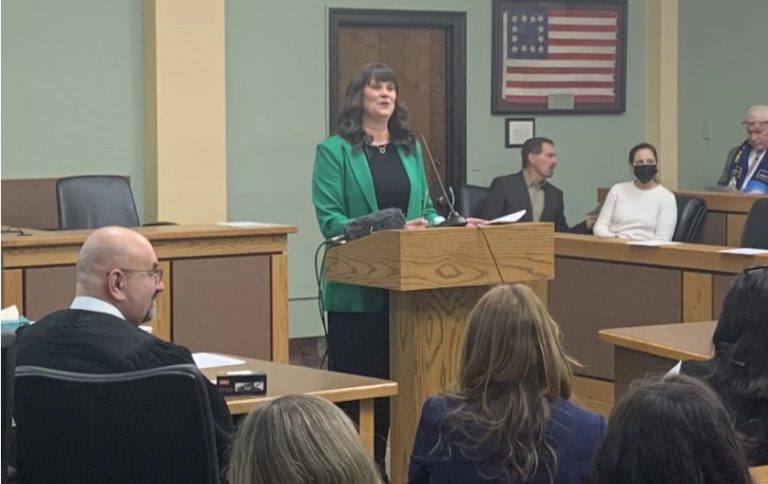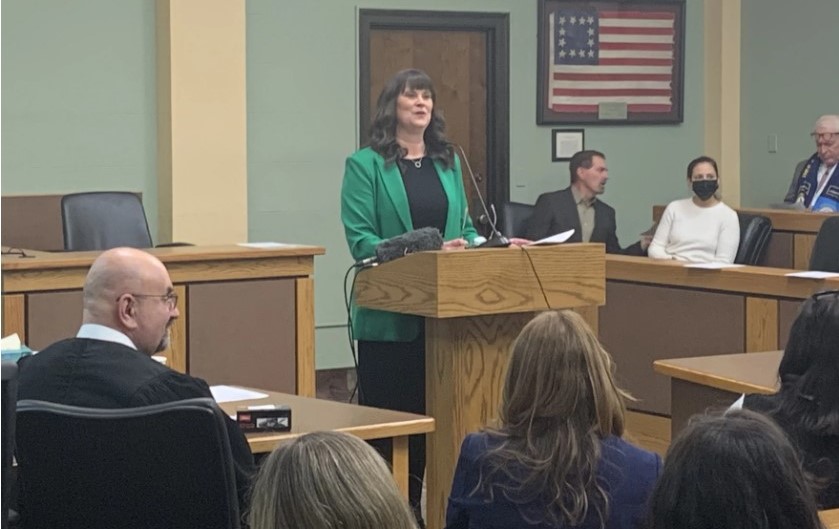RAPID CITY, S.D. – A retired Forest Service leader says major logging reforms are needed in the Black Hills National Forest.
Jim Furnish worked for the Forest Service and served as the deputy chief of the agency from 1992 to 2002.
He was saddened by findings about the Black Hills timber industry that were revealed in the February National Forest Study.
“This general technical report clearly shows that the levels that they’ve been logging at are not sustainable,” he said. “In fact the technical report said if you keep logging at the level there won’t be any trees left in the Black Hills in 50 years.”
Furnish says it’s shocking that the Black Hills harvests the most trees out of all 154 National Forests, even more than the huge forests of the Pacific North West.
He said the forest is prioritizing timber over other natural resources and this will result in negative long-term effects for timber workers and fire safety.
This unsustainability violates the Multiple-Use Sustained Yield Act, Furnish said. He also said he’s found evidence of logging in areas that haven’t been approved through the National Environmental Policy Act.
Ben Wudtke is the director of the Black Hills Forest Resource Association, which represents businesses and workers in the timber industry.
“The partnership between the forest products companies and the Forest Service in the Black Hills has long been heralded by both the agency and the communities as a success in mitigating mountain pine beetle mortality, mitigating hazards for wildfires that threaten our communities and the lives of firefighters and the public alike,” Wudtke said.
He said Furnish’s vision for the forest would eliminate about 80 percent of the local industry.













